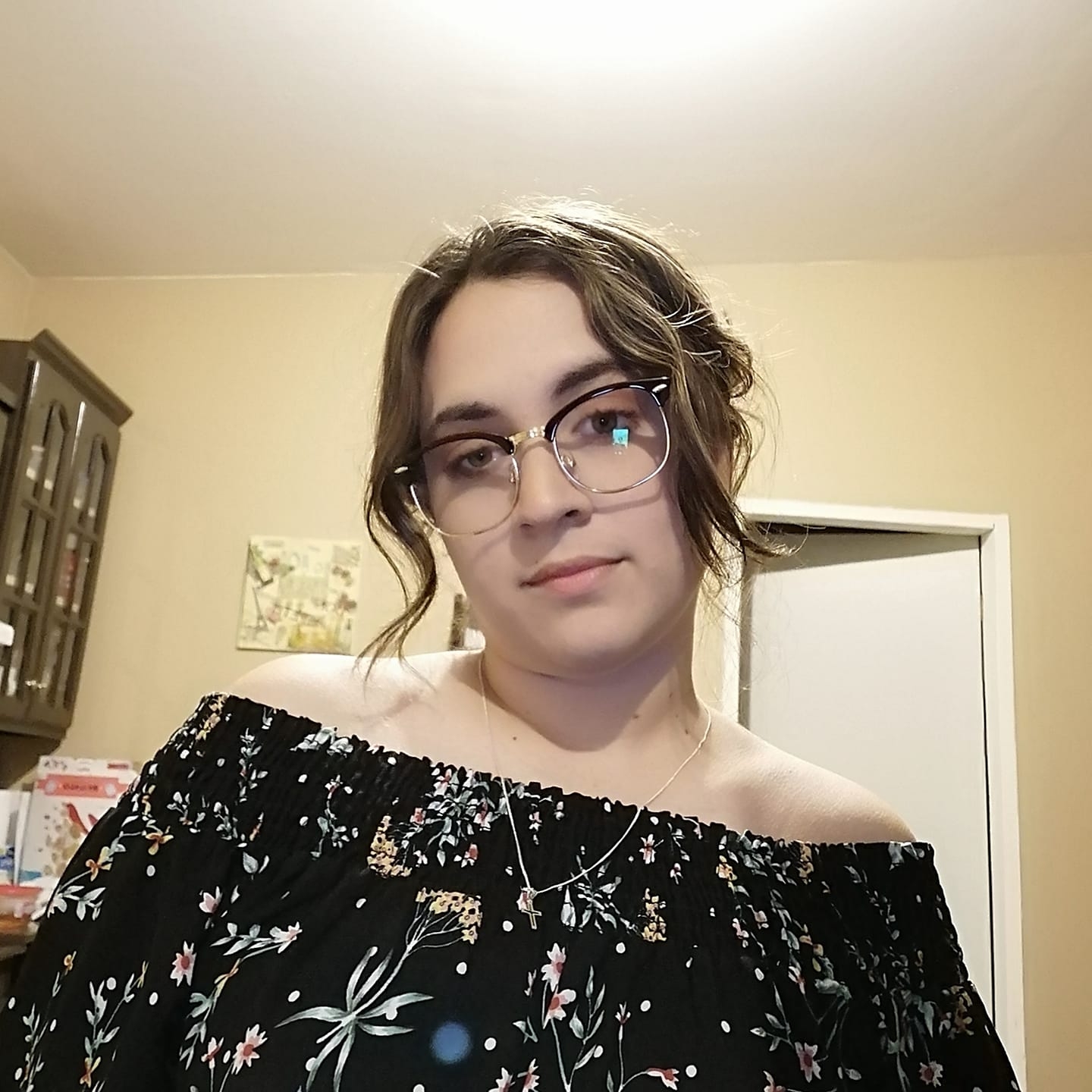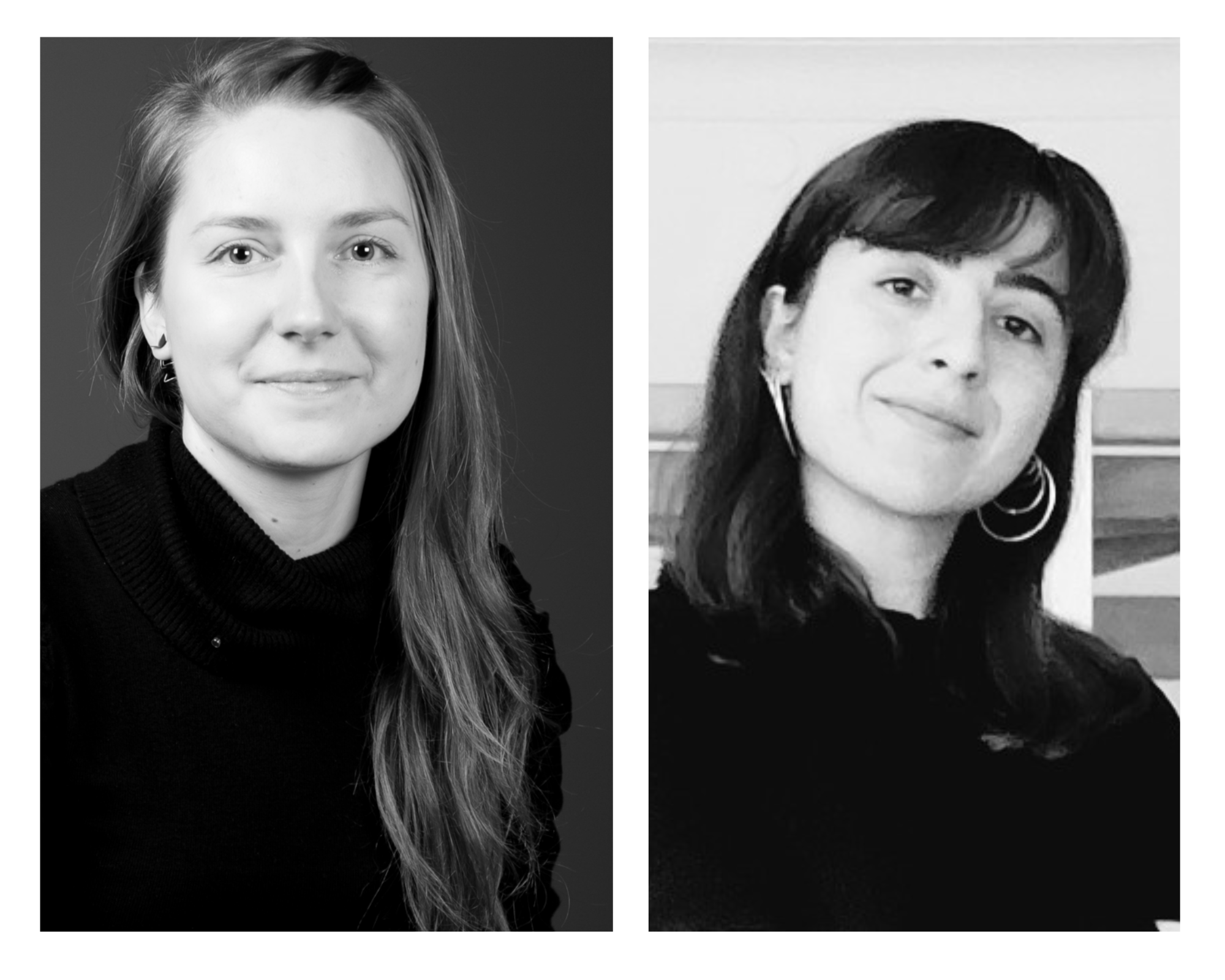proprioception
Movement sonification for body perception
Date: 26 May 2023 at 2 pm
Speaker: María Concepción Valdez Gastelum, 2nd-year Ph.D. Student (CICESE, MX)
Title: Movement sonification for body perception
Abstract:
Recently the body of work in interactive sonification has made the compelling argument that understanding how to sonify the characteristics of movement is important and can alter one’s own perception (Knudsen et. al., 2017, Frid et. al., 2018). The characteristics of movements can be classified into two types according to their dynamics and qualities. Movement dynamics are the most commonly used characteristics and are related to the shape and trajectory of the movement, including examples like position, size, acceleration, and direction. In contrast, movement qualities refer to movement’s temporal and expressive aspects, including fluidity, contraction index, force, and velocity.
In this seminar, I will be presenting a case study where we explored the use of dynamics-based sonification to alter body and flexibility perception during yoga practice. Additionally, I will discuss the development of a movement-tracking algorithm designed to detect movement qualities during dance practice, with the aim of identifying abnormalities in movement behavior that may indicate concerns related to body image.
Sensorial design: feel, move, interact!
Date: 5 Oct 2022 Speakers: Kristi Kuusk and Dila Demir Abstract: Inspired from the design methods that embody movement-based thinking, we aim for designing with


